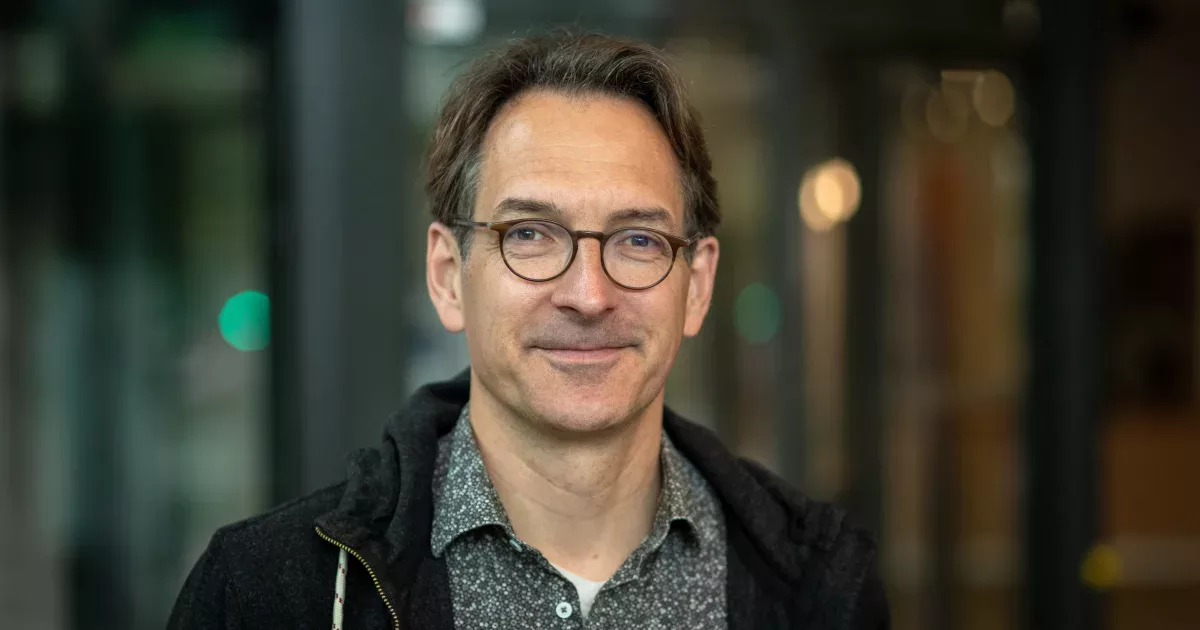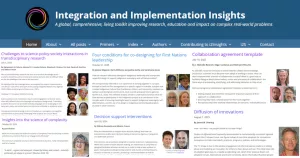Ralf Seppelt: “We need to boost sustainability literacy for students, policymakers, and society”
From obligatory sustainability courses to international collaborations, the new Luxembourg Centre for Socio-Environmental Systems is rethinking how a research centre can contribute to the very diverse dimensions of sustainable development

What is the purpose of the newly founded Luxembourg Centre for Socio-Environmental Systems (LCSES)?
Ralf Seppelt: Humanity most likely will fail achieving the United Nations Sustainability Development Goals by 2030. The main reasons, from the latest assessment by the Intergovernmental Platform for Biodiversity and Ecosystem Services (IPBES), is because we do not understand the interconnectedness of the various indicators and the various fields of sustainability. So, our idea is to focus on this interconnectedness and see where synergies and tradeoffs are, applying various measures. Global resources, clear atmosphere, clean water, ecosystem functioning, are common pool resources. To me, humanity does not understand on a global scale how to deal with common pool resources.
Why did the University of Luxembourg decide to create such a centre now?
R. S.: The University has three strategic priorities: digitalization, medicine and health, and sustainability. Up to now, sustainability efforts here were mainly oriented toward finance and health. What was missing was a strong environmental science component — and that’s what LCSES will deliver. The government and the University’s Board of Governors pushed for this initiative. We will also link up with various research institutions in Luxembourg, such as the Luxembourg Institute of Science and Technology, or the Luxembourg Institute of Health. There is an urgent need to increase sustainability literacy, both among students and in society. That is why we will introduce an obligatory sustainability course for all students — from engineers to future doctors — and expand outreach to policymakers and the public.
So your mission is not just research but also education?
R. S.: Exactly. As a research-focused institution, our primary goal is to generate knowledge. But equally important is building capacity: giving students, professionals, and decision-makers the understanding they need to act.
How will LCSES be structured?
R. S.: We will build up the centre on four more or less topical professorships: biodiversity, food security, global health and climate extremes. In addition, we will have professorships focusing on the economy and governance of global resources. To support interdisciplinary, even transdisciplinary, work with these people, we will have a synthesis centre, which is fostering exactly those projects, where there are resources for that. There are also resources for getting international colleagues and scholars working on these various research topics. At the same time, we do have a science policy group who is supposed to communicate these results and findings that we have, and not necessarily new findings, because there are lots of old findings which still have to be communicated to policymakers. And that is actually the team which will support IPCC, IPBES, the local government, and the EU Commission.
How do you plan to foster collaboration within and beyond the University?
R. S.: Our synthesis team will open every year calls for collaborative research on pressing sustainability issues — especially those that cut across different domains, like the links between pollinator decline, food security, and child nutrition. These synthesis projects will bring together experts from the University, our centre, and at least 50% of participants from outside Luxembourg. They will not just produce academic papers but policy-relevant insights. And as interdisciplinary work is challenging, we will provide facilitation and structured support.
How will your work be evaluated?
R. S.: The University undergoes an external evaluation every four years, looking at research, teaching, and outreach. We also have performance indicators such as publications, third-party funding, and societal impact. Importantly, the University and other organizations in Luxembourg, such as the National Research Fund, have signed the DORA Declaration on Research Assessment, which means that we request serious research, but that it is not evaluated through citations figures or H-index: the real content and impact are examined.
Do you already plan to engage with international networks to develop your kind of work?
R. S.: I try to link up with the European research centres or research institutions which are working in the same direction, in Edinburgh, London, Stockholm, Potsdam, Zurich, Vienna, etc. We will not necessarily build some formal network but at least exchange and be clear that we are working in the same direction rather than competing.
How could a coalition like the Earth-Humanity Coalition support the goals of LCSES?
R. S.: Two things stand out. First, communication: connecting people across disciplines and institutions who are working toward sustainability and creating a space for reflection on whether research is truly contributing to that goal. Second, internal feedback: helping research institutions, including ours, make their own practices more sustainable, from how we travel to how we publish. Finally, the coalition could amplify our policy engagement by connecting us to broader networks of decision-makers and stakeholders.
Interview by Luc Allemand
SUBSCRIBE TO OUR NEWSLETTER
To stay up to date with our projects and the development of the EHC
Read more articles

WAAS Talks on Science for Human Security: Renewable Energy
On 23rd February 2026, an expert panel will discuss renewable energy as part of the EHC-WAAS program of sciences for

Gian Francesco Giudice: “Ethical responsibility is essential in fundamental research”
From hypothetical black holes to environmental impact studies, CERN navigates risk, transparency, and moral responsibility at the frontiers of human

Dealing with the complexity of society and environment
A global toolkit for tackling complex problems with more than 600 different methods Ever wish you had a free toolkit

The Moon & the Global South: Voices, Risks & Promise
Researchers warn that without inclusive governance, the Moon could become “a new arena for old patterns of exclusion” When rockets